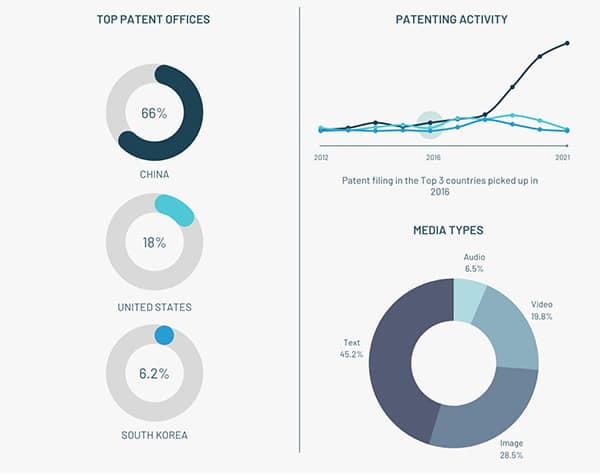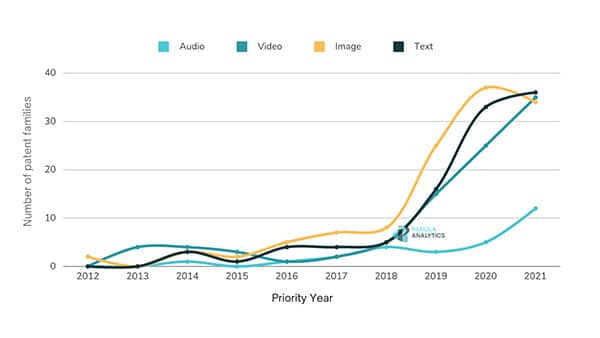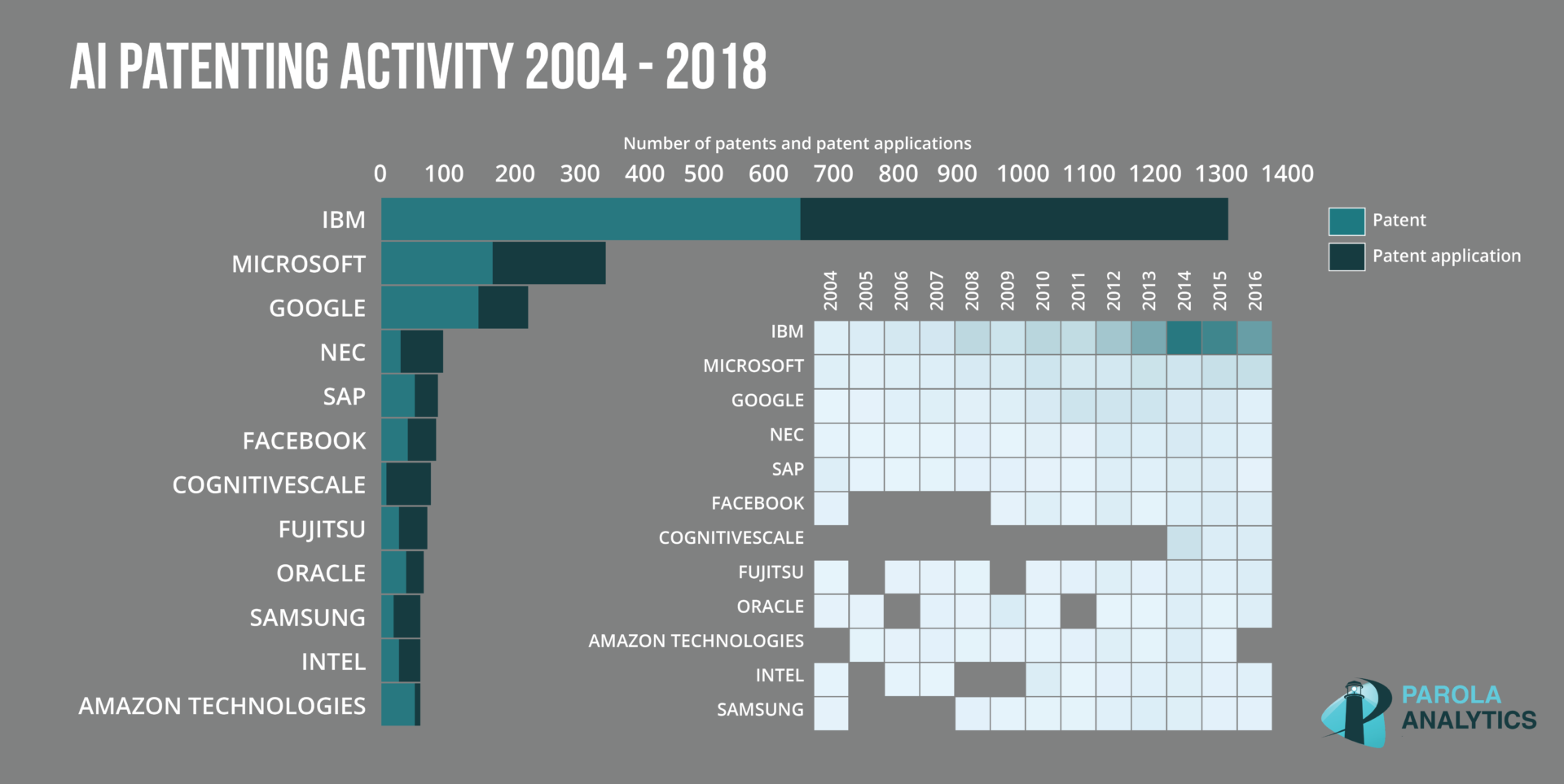The battle against disinformation is heating up. As the world’s second-largest economy, China is a stakeholder in the fight against fake news and is becoming a major player.
China’s fake news problem
China has admitted to having a fake news problem. A study on the popular Chinese social media platform WeChat found that 2,175 fake news stories were spread in 2016 alone.
Social media networks aid the exponential spread of fake news. Content that is less than truthful often goes viral in China, impacting citizens, government, and even businesses. In one such example, longstanding seaweed businesses were negatively impacted by a viral video.
What started as a simple incident of finding a random piece of plastic in a bag of seaweed turned into multiple videos alleging that the seaweed was made of plastic. This caused the wholesale price of seaweed to drop by more than 50% in the area which the original product was from.
This study notes that the Chinese public is often exposed to fake news, and it is considered a serious societal problem. They may desire to share factual information, but cannot discern between facts, given the information overload they face on a daily basis.
In rural areas especially, where the population may not be as literate, citizens may share fake news even more. This study also notes that they are vulnerable to “political manipulation, fake advertising, low-quality messages, and poor taste entertainment.”
The Chinese government is continuing to crack down on fake news on social media. While they have been battling this problem since at least the early 2000s, a government adviser says that fake news has aggravated Chinese relationships with foreign countries, as seen by the effects of COVID-19. They may go so far as to create new laws to control its spread.
Patents to fight disinformation and fake news
China’s big fake news problem may explain the increase in the country’s patenting activity in this space. Based on data gathered by Parola Analytics, patenting on this subject matter had an uptick in the past 3 years. Between 2018 and 2019 alone, the filings jumped by as much as three times.

China’s top patent filers are largely universities, with the Institute of Automation – Chinese Academy of Sciences leading worldwide. They are the first national research institution to carry out brain-inspired intelligence or AI research in China. In a way, this mirrors observations that fact-checking initiatives usually come from independent or non-profit organizations in order to eliminate the possibility of bias.
There is a concerted effort from China to detect and verify false information online in various forms. In August 2019, Zao, an AI- powered deep fake app which can break face recognition systems went viral and caused privacy fears in China.

In our dataset, 13.5% of the patents filed globally deal with the detection of deep-faked content, 54.2% of which are concerned with the detection of video manipulation through deep fake technology.
Impacting Western institutions
China has strived to stop disinformation by closing accounts and penalizing users who spread unfounded and unverified rumors. They have also implemented stricter regulations in tandem with the social media sites with the worst offenders.
It’s clear from these examples that fake news and disinformation can hurt more than the political fabric of a nation: it can trickle down and affect smaller economies through rumor-spreading and fear-mongering.
Media companies, tech giants, and Western governments are paying close attention to these events, but there is a lot to learn. Based on the report, in contrast to China’s patenting space being dominated by universities, the top patenting entities in the US are corporations and startups.
Social issues are prone to fabrication, and this causes uncertainty among citizens. Public trust in Chinese media has dipped significantly, and the same may follow with Western media. Uncontrolled disinformation can sow distrust and anger towards traditional institutions.
Experts agree: regulation is not the sole solution to fixing the fake news problem.
Read our latest mini landscape report on the global snapshot of patents addressing disinformation, deep fakes, and fact-checking.






